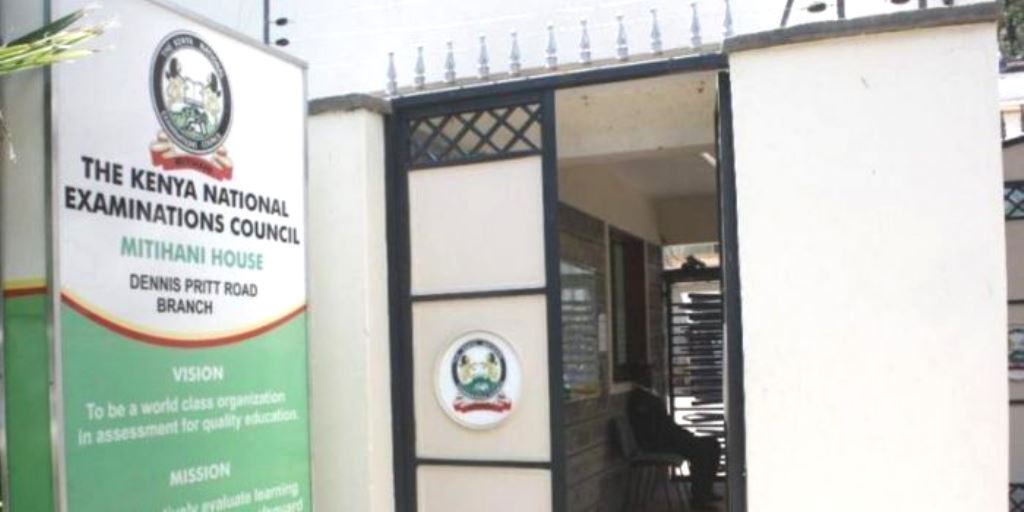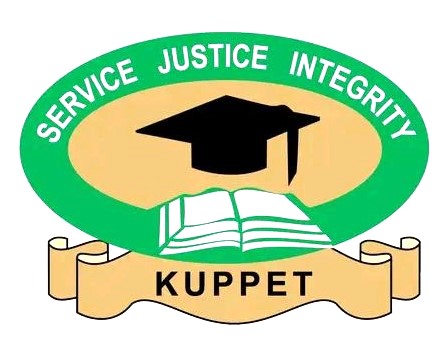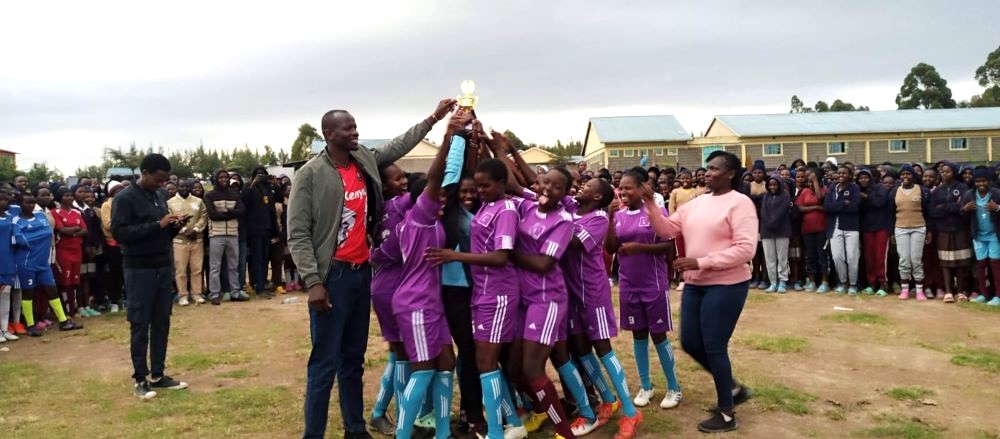By Our reporter
A total of 22,500 teachers have been trained in School Based Teacher Support System (SBTSS) in Science, Mathematics and English (SME) at Centre for Mathematics, Science and Technology Education in Africa (CEMASTEA) in March 2023.
The number included 15,000 primary school teachers and 7,500 teachers from secondary schools in selected 30 counties and 110 sub-counties where the project programme is being implemented
The training which started from March 16, 2023 and ended in March 20, 2023 aimed at providing professional development training in subject matter as well as pedagogical content knowledge to Science, Mathematics and English teachers through a range of ‘blended’ support systems.
The target participants for the training were three teachers who teach Class Seven and Class Eight Science, Mathematics and English per primary school and five teachers who teach Form One to Form Four Mathematics, Biology, Chemistry, Physics and English per school, who were from the sampled secondary schools in SEQIP target sub counties.
The target teachers included those from Special Needs Education (SNE) schools. The teachers who attended the training were further required to be selected from schools that had no teacher trained and where a teacher trained in SBTSS has been transferred a replacement was required to attend the training.
The Mode of training followed the smart cascade model where trainers and facilitators trained teachers through face to face in cluster centres for 5 days, with subject experts and Education Technologists offering professional support during teacher trainings.
The Training was non-residential with training exercise in Garissa, Marsabit, Samburu, Tharaka Nithi, and Tana River each requiring a vehicle for Subject experts offering professional support and Air tickets for Mandera, Turkana and Wajir.
The TSC County Directors on the other hand were required to invite trainers and facilitators, teachers of SME from every sampled public primary school and secondary for SBTSS training, identify and prepare accessible and convenient training venues (public institutions) for Head teachers and Principals training with strict adherence to Ministry of Health COVID 19 protocol, provide data for teachers with SNE that require support from SNE AIDS and purchase training materials.
SBTSS is a programme offered in partnership with the World Bank to improve student learning and transition from upper primary to secondary education in target areas which is achieved through the implementation of the Secondary Education Quality Improvement Project (SEQIP), which aims to improve student learning and transition from Primary to Secondary Education.
The project beneficiaries are about 600,000 pupils in upper primary and 600,000 students in secondary from 17,500 and 8,500 primary and secondary schools respectively.
The schools are located in 110 sub-counties from 30 counties that are educationally and economically challenged including those in Arid and Semi-Arid Land (ASAL), urban slums and regions with pockets of poverty.
SEQIP has four components namely; improving quality of teaching; improving retention in upper primary and transition from primary to secondary schools which are implemented by the Ministry of Education (MoE), Teachers Service Commission (TSC) and other agencies.
A study conducted in 2020/21 by 3D Africa Communications Ltd on behalf of TSC with an objective of assessing the extent to which the activities in the sub-component: Enhancing Teacher Professional Development recommended that that a five-day session would be an ideal period to learn new approaches, internalize and apply the concepts after founding out that the 3-day training session not adequate to cover the content exhaustively.
Training of teachers both in primary and secondary schools was hampered due to lack of adequate training materials hence the report recommended that for SBTSS program to be successful TSC in conjunction with CEMASTEA and University of Nairobi makes provision for adequate training materials.
The programme has however faced a challenge of succession planning since some of the teachers trained on SBTSS have retired and others have been transferred without a proper plan for replacements.
There are also unique cases in some areas in the targeted sub-counties where all non-local teachers trained on SBTSS program had exited or transferred.
Another challenge that faces the programme is Coordination whereby sometimes there are too many programmes being implemented on the ground both by TSC and MOE hence making it difficult for the Curriculum Support Officers (CSOs) to coordinate and support each program being implemented effectively.






